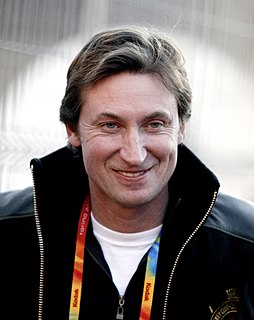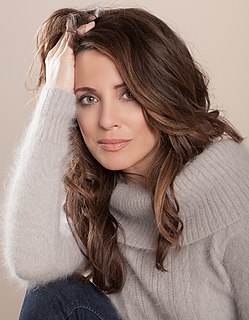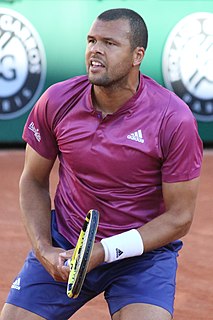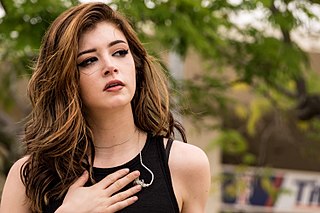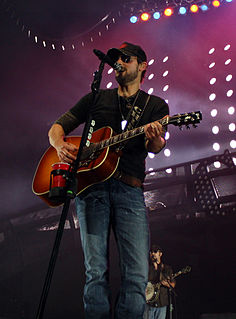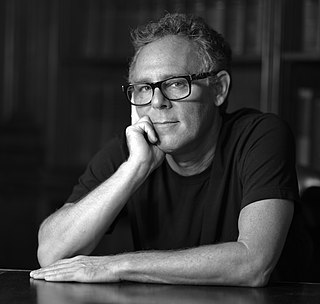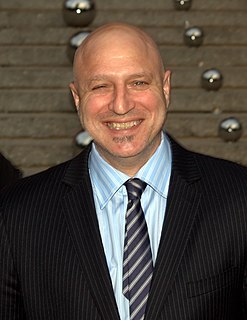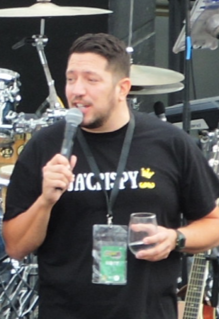A Quote by Bo Burnham
People are gonna think that MTV censored me, and they really didn't. I really wanted to try to make a show that didn't rely on offensive, edgy material because I think it was an exercise in trying to write without that. Because I see that as a crutch sometimes and I want to know that I can do something funny and worthwhile without that. And also make a show that my parents would like and that kids could watch with their parents.
Related Quotes
I get a lot of parents coming up to me, telling me they are grooming their kids to be professional athletes. I'm really against that. I think it's a great life, and yeah, you can lead them in that direction. I think a lot of parents live their lives through the kids. Because they didn't make it, they want their kids to make it. It puts a lot of undue pressure on the kids.
I get some letters from a lot of people. Sometimes it's nice, with letters from kids or from parents of kids who want to be tennis players, but I also get racist letters. It's really painful to receive something like that because you're not ready for that. You think to yourself, 'That's really bad.' But I realise that there are people like that.
I think Robert Altman could see things in me that I didn't know I possessed, which is really exciting. He also instilled a tremendous amount of confidence, because he would say things like, "These are the bare bones, but I want you to go fill it out. You find the character. You bring it to me. You write whatever you want." And if you had an idea, he wouldn't want to hear about it. He's want you to show it to him.
How I was raised was, there were no rules - nothing like that. If I wanted to take a drug because I was in school and everybody was doing it, I could go to my parents and say, "I really want to try this." And they'd say, "If you do this, O.K., but this is what can happen to you..." They'd say, "Don't get it in the streets, because it could be really bad and make you freak out. Don't take it in a crowded place, because you'll panic."
We wanted to show people what it was like in one of those neighbourhoods that they would never have access to, in bars that they would be too scared to go into, and a world that they would never get to see. All of that is something really unusual and rare and kind of fascinating. And the only way to do that and to make it really worthwhile was that it had to be authentic. We dedicated a lot of time and energy to making that right and real. So we found basically the worst locations that we could.
I think that ties into our name and the meaning behind our name, going Against the Current. We don't really want to fit in to one section. If we're able to be grouped into one category then we've become something that already exists, probably. We want all of those kids that would come out to that pizza shop to come to our show and all of those kids who know us from the radio to come to that show. We have kids that come to our show that have been coming to concerts for years, and ones that it's their first concert and they just wanted to see it. I think that's the best way to do it.
I'd still stand in line all day to get into an AC/DC show, because that was the one show when I was younger that kind of changed my life. Because it was a little wrong. I think I was 14 or 15, first concert without the parents, you know, and they were all worried because we were going to an AC/DC show, and it was an amphitheater.
I think 'Nathan for You' is a really funny show, along with 'The Grinder' and 'Baskets.' I really like 'Man Seeking Woman.' It's the coolest show because they just do weird stuff, and it doesn't feel weird; they make it normal somehow, which I applaud. And 'Broad City' - I think those guys are awesome.
I used to get nervous, you know if my parents would come watch. And then I would get nervous if my friends came and watched. Today it's not a problem anymore actually, because now I enjoy it. I see that they, you know, respect me immensely, and I try to put on a good show and show that I can still play very good tennis.

